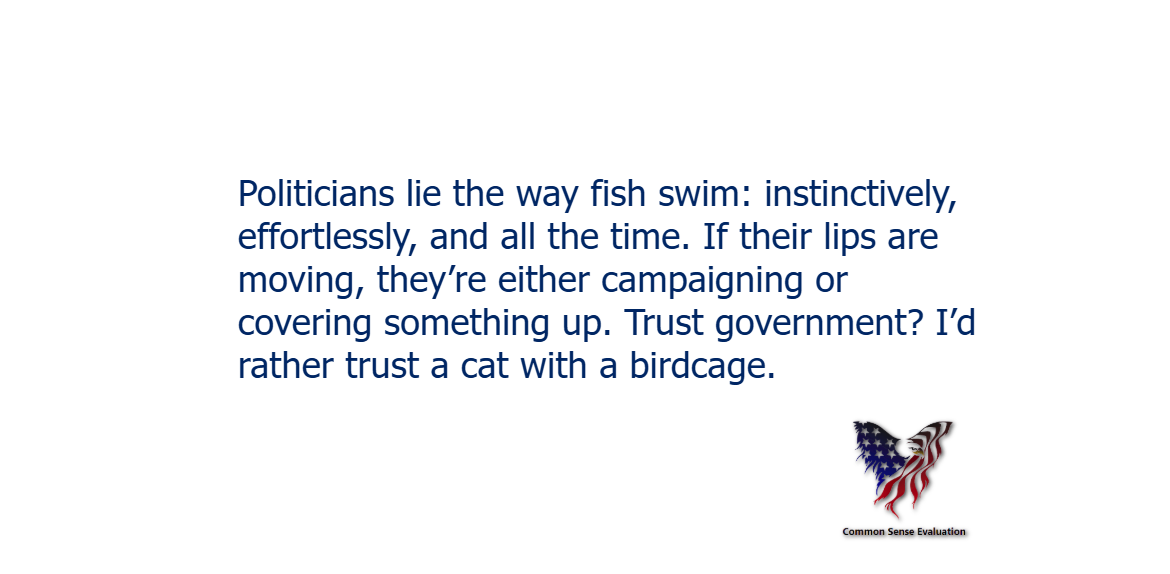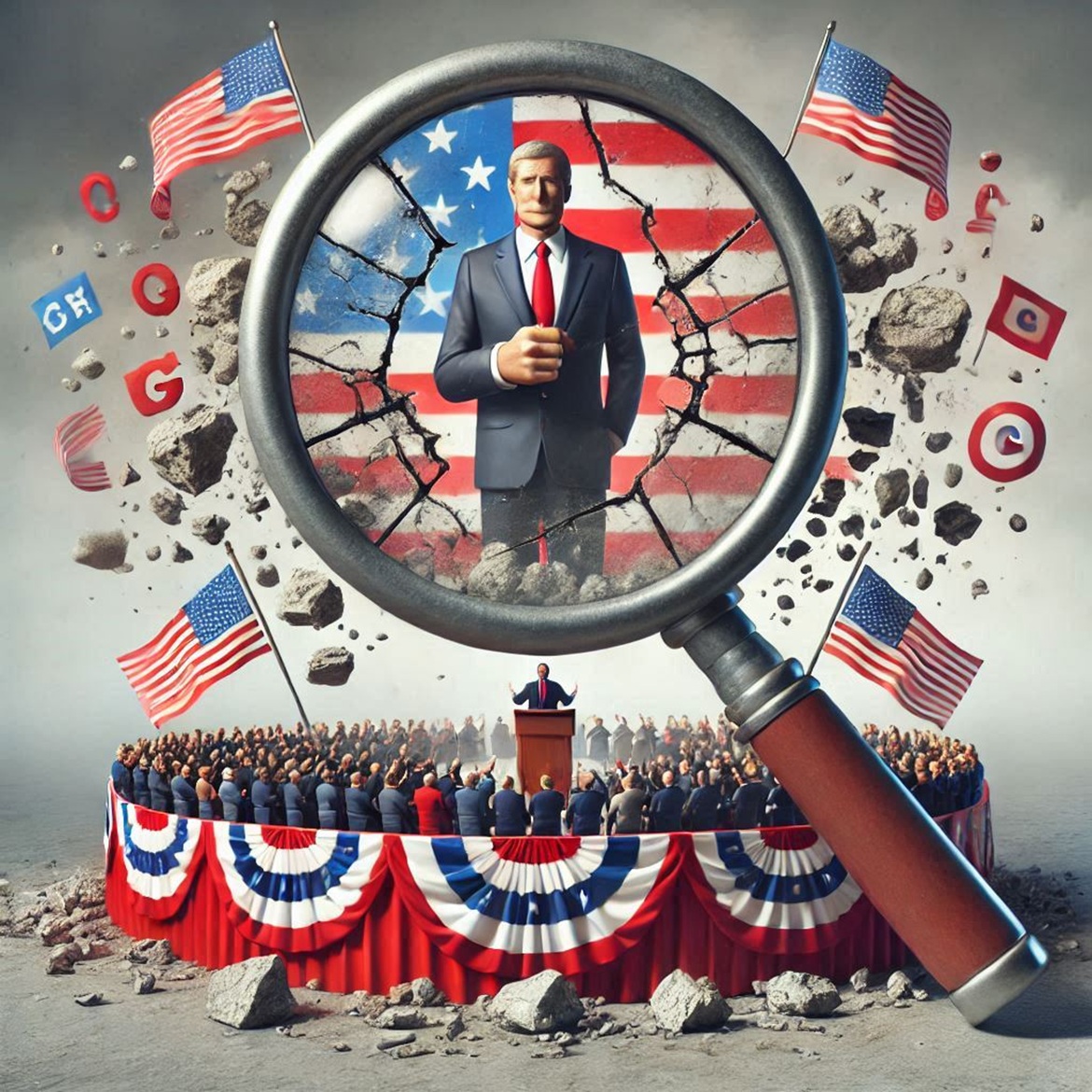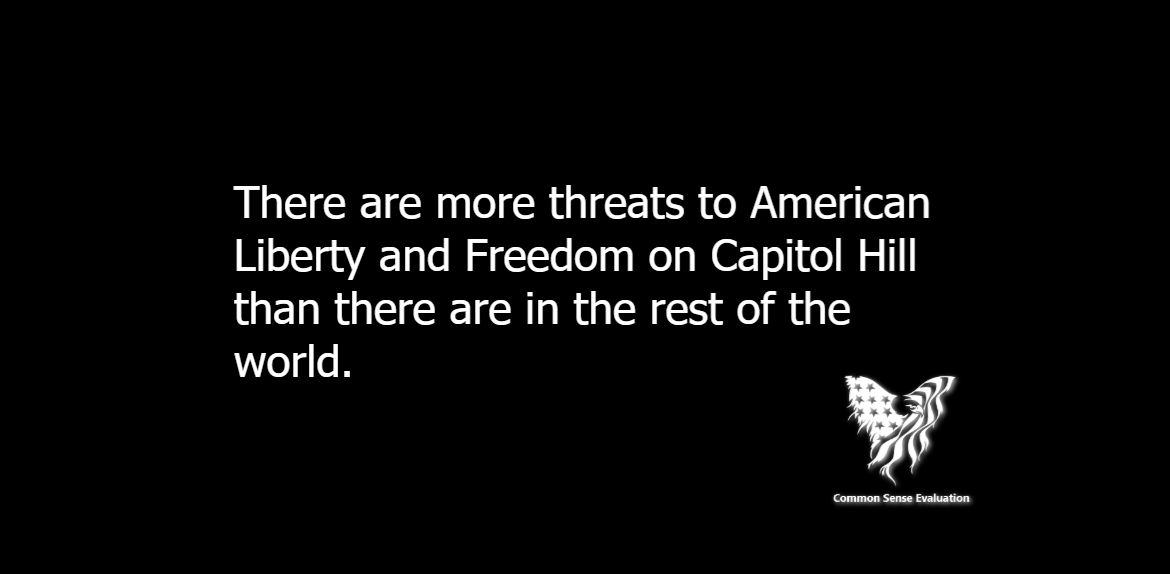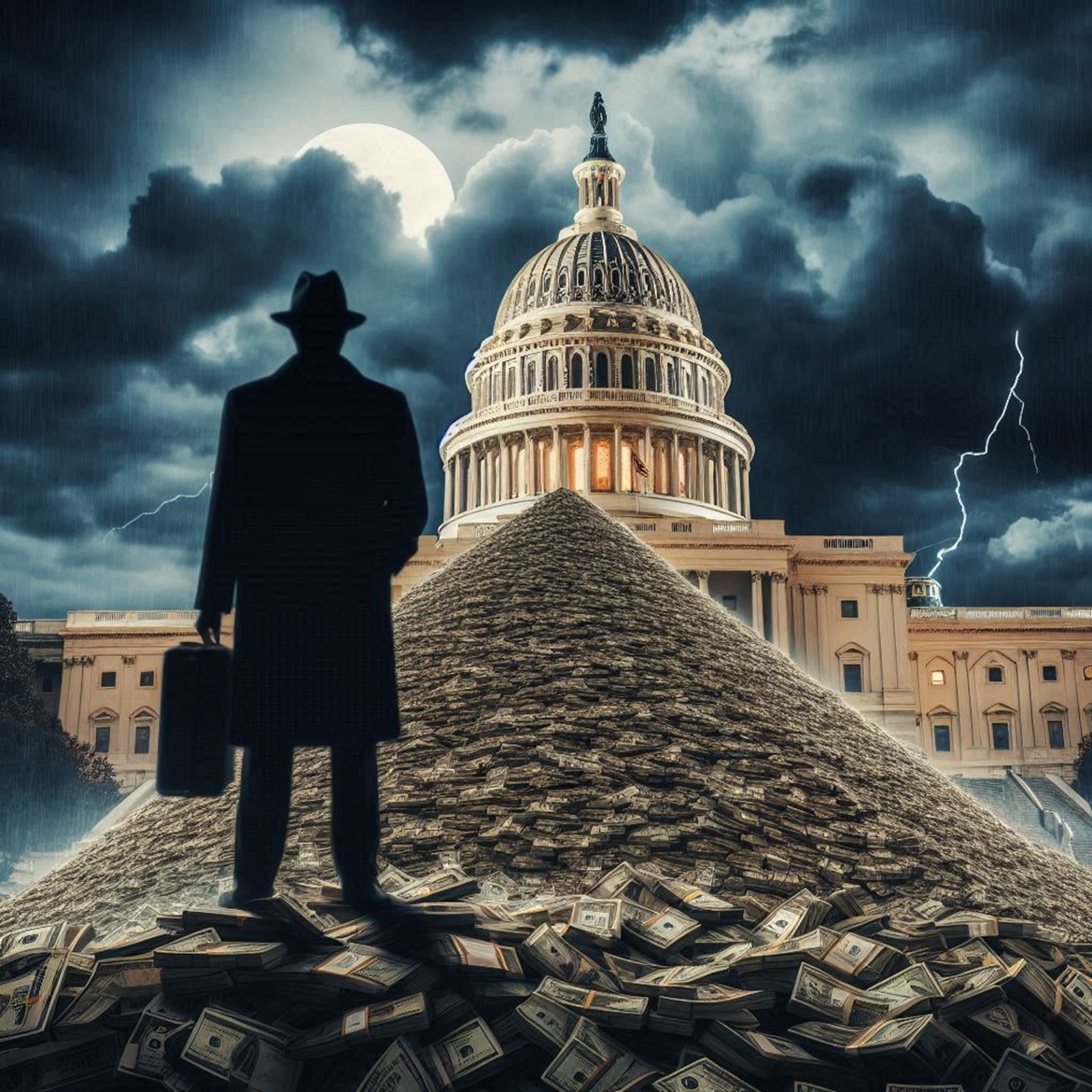Every election season feels like a blockbuster movie release. There are soaring speeches, perfectly timed applause, and carefully orchestrated campaigns that grip the public’s attention. But have you ever wondered if what we’re seeing is a carefully constructed performance?
Think about it: politicians seem to have mastered the art of delivering lines, commanding attention, and projecting charisma. They can evoke tears, inspire action, and persuade millions—all hallmarks of a skilled actor. This isn’t an accusation; it’s an observation. And once you start to see it, you might question how much of what we witness is real and how much is theater.
The Scripted Spectacle
When was the last time you watched a political debate and thought, “This feels authentic”? Chances are, it’s been a while. That’s because political events often resemble staged productions rather than genuine exchanges. Every handshake, soundbite, and photo op is meticulously planned.
Campaign managers are like directors. They choose the lighting, the backdrop, and even the color of the candidate’s tie. Speechwriters, much like screenwriters, craft the perfect lines to evoke emotion and capture headlines. The result? A polished, larger-than-life persona that often feels far removed from reality.
Take press conferences, for example. Questions from journalists are fielded with pre-rehearsed answers. If something unscripted slips through, damage control teams are quick to spin the narrative back on track. It’s all part of the show.
The Politics of Image
It’s impossible to ignore how much weight is placed on appearances in politics. Actors know that looking the part is half the battle, and politicians have adopted the same mindset. A well-tailored suit, a disarming smile, or a relatable quirk can become their signature “role.”
Consider campaign ads. These mini-movies portray politicians as heroes battling villains, whether it’s poverty, crime, or the opposing party. There’s uplifting music, dramatic montages, and a clear message: “I’m the star of this story, and I’m here to save the day.”
But beneath the polished image, what do we really know about them? Public personas can be as fabricated as the characters in a Hollywood film.
The Coaching Behind the Curtain
Most people don’t realize the extent to which politicians are coached. From how they stand to how they modulate their voices, nearly every aspect of their public appearances is rehearsed. Media training sessions can make even the most awkward individual appear charismatic and confident.
Actors spend years perfecting their craft, and politicians aren’t far behind. They learn to fake empathy, project authority, and even feign vulnerability when it suits the narrative. And while you might expect a movie star to play a role, it’s unsettling when the same techniques are used to win votes.
Drama as a Distraction
Here’s a critical question: Why the theatrics?
One possibility is that the show distracts us from the substance—or lack thereof. Just like a magician uses sleight of hand to misdirect the audience, the spectacle of politics can draw attention away from the issues that matter.
Think of the scandals, the dramatic confrontations, and the emotional appeals. These moments dominate headlines, but they rarely lead to meaningful change. Meanwhile, decisions that significantly impact our lives are made behind closed doors, far from the public eye.
Reality or Roleplay?
It’s worth asking whether politicians believe in their own performance. Do they see themselves as public servants, or have they become consumed by the role they’re playing?
The line between reality and roleplay can blur when you spend years inhabiting a carefully crafted persona. Politicians might start believing their own hype, just as method actors sometimes struggle to separate themselves from their characters.
And where does that leave us? Watching a performance and mistaking it for reality.
The Power of the Audience
Here’s the twist: just like a stage play or a movie, the performance only works if the audience buys in. We cheer, we jeer, and we argue over who gave the better “performance” in a debate. But maybe it’s time to stop playing along.
When we see politics as theater, we gain the power to question what’s real and what’s scripted. It doesn’t mean disengaging entirely—it means looking past the show to evaluate the substance of what’s being offered.
The End of the Illusion
The idea that politicians are actors isn’t new, but it’s worth reflecting on in a world increasingly dominated by image and perception. If we accept that much of what we see is theater, we can start asking harder questions.
What happens when the cameras turn off? Are the promises real, or are they just lines in a script? Is the drama designed to inform us—or distract us?
The answers aren’t always clear, but the act of questioning is where the power lies. Politics may be a stage, but we don’t have to be passive spectators.
By recognizing the performance for what it is, we can demand something more authentic. And maybe, just maybe, we can shift the focus from the actors to the actions that truly matter.
In the end, the power doesn’t belong to the performers—it belongs to the audience. And it’s up to us to decide whether we’ll keep applauding the show or call for a change in the script.




